The European recommendations on corporate social responspibility for migrants and refugees

In the last twenty years Corporate Social Responsibility (CSR) has been at the core of important changes in business management. The Green Paper of the European Commission describes CSR as “a concept whereby companies decide voluntarily to contribute to a better society and a cleaner environment.” [https://www.europarl.europa.eu/meetdocs/committees/deve/20020122/com(2001)366_it.pdf] This translates in good practices of sustainability aimed at streamlining relationships among partners and their effects on the outside world. Companies commit to implement norms in favour of social developmoent and respect of human rights with the goal, voiced by the European Council of Lisbon 2000, of enhancing social cohesion at continental level and competitiveness.
Sustainability is therefore also linked to company policies that acknowledge the complementary nature of economic and social objectives, taking responsibility for the impact of their activities on the surrounding world. CSR is thus a crucial tool of protection of fragile subjects in the framework of a just and inclusive green transition. Companies can improve their status, offering social protection, a stable job and dignified working conditions that yield economic independence and the integration of labourers in the local community. They can also adopt codes of hospitality and reception in their hiring practices, taking an active role in the management of migration.
The sub-group on CSR at the European Commission published a number of recommendations [https://ec.europa.eu/info/sites/default/files/recommendations-subgroup-corporate-social-responsibility_en.pdf] on this, identifying the employment of migrants and refugees as a strategic tool to reach some sustainable development goals. In particular, the sub-groups supports the adoption and/or expansion of business or multi-stakeholder initiatives at regional, local, or national levels that facilitate integration of these subjects in the labour force. The topics include skills assessment to identify the upskilling needs of migrants and refugees; capacity building for employers and workers on employing and working with migrants and refugees, and joint mentoring for migrants and refugees within companies. The fourth module of the International School on Migration 2021 will focus on this aspect with a round table on 4 October, where companies will present their models of social inclusion and sustainability.
Article previously published on the site of Lai-momo


